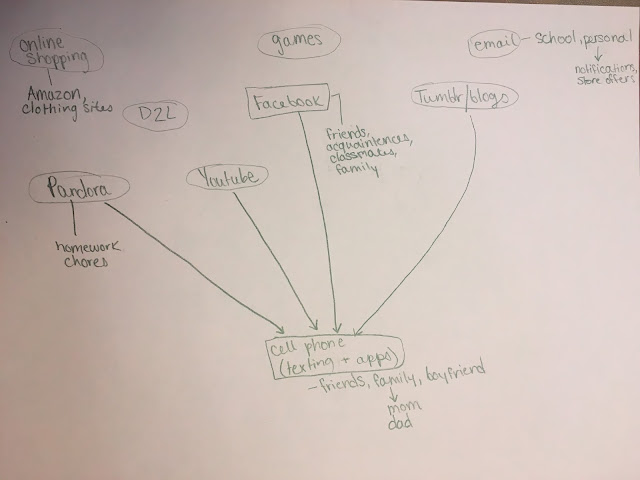 |
| Screenshot of the timeline's header |
As both of us are Harry Potter fans, we knew we just had to do something Harry Potter related; and as we both were fuzzy on the details surrounding the Horcruxes, we decided to tackle this, not only to create a project but also to answer our own questions about them.
A brief synopsis on the function and creation of Horcruxes: in order to achieve immortality a witch or wizard can remove a piece of their soul and put it into an object or another person. To do this, a life has to be taken by the Horcrux maker, as part of the soul dies when one commits murder; instead of the soul dying, they merely transfer it elsewhere. In order to kill the witch or wizard that made these Horcruxes, one has to destroy each soul fragment first. This is the case with Voldemort; the heroic trio had to find and destroy each of the Horcruxes made by Voldemort in order to defeat him.
In the timeline, we explore major life events of Tom Riddle (AKA Voldemort) such as his start at Hogwarts and his discovery of Horcruxes and major plot events involving Harry Potter. We also describe the Horcruxes themselves, when they were created, who was killed in order to make them, why those certain objects were chosen and the manner of their destruction. Listed and explained were key characters in the discovery and destruction of the Horcruxes.
Originally, we had planned to create the standard interactive timeline; however, with the amount of information we wanted to include, this wasn't possible. Instead, we created a blog on Tumblr, each post serving as a notch on the timeline, in a way. While the formatting was not what we initially wanted, we are proud of the results, as it still offers the information we wanted to share in an easy-to-read format.







